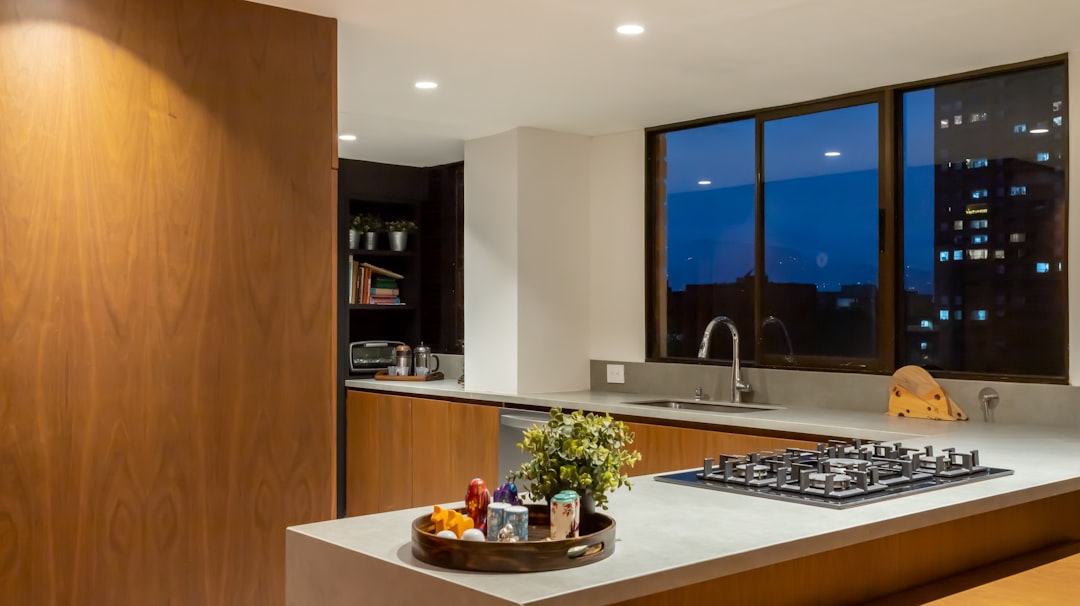
Installing a built-in microwave in Denver homes can range from $500 to $2,500 depending on the complexity of the project. This guide provides detailed insights into the costs and processes involved, helping construction professionals accurately estimate and manage installations. Discover how to optimize your workflow and avoid common pitfalls in microwave installations.
Many Denver homes, especially those built post-1980, are designed with microwave cavities. However, older homes may require significant modifications. This guide helps contractors navigate these challenges, ensuring accurate estimates and efficient installations.
1. Appliance Specification
• Countertop units with trim kits start around $260
• Built-in convection microwaves can exceed $2,000
• Seasonal freight surcharges may apply
2. Cabinet Modification
• Minor adjustments: 15-30 minutes
• Full cabinet rebuild: 4-6 hours plus materials
• Custom finishes may extend lead times
3. Electrical Requirements
• Standard 15-amp circuits for most units
• Subpanel upgrades: $800–$2,000
• AFCI/GFCI protection required by code
4. Venting & Ducting
• Recirculating kits eliminate new duct runs
• Exterior vents: 2-3 hours
• Roof penetrations require coordination with roofers
5. Finish & Inspection
• Final touches: 30-60 minutes
• Permits for electrical work: $36
• Basic replacement: $500–$2,500
• Moderate retrofit: $800–$2,000
• Custom rebuild: $2,000–$2,500
Traditional methods can lead to delays and inaccuracies. CountBricks offers real-time solutions to streamline the bidding process, ensuring accurate and timely estimates.
1. Use CountBricks on any device.
2. Capture project details via voice.
3. Generate structured estimates instantly.
4. Convert quotes to invoices seamlessly.
• Faster job closures
• Accurate pricing
• Reduced callbacks
• Professional documentation
Step-By-Step Workflow
1. Pre-call checklist
2. Demo & prep
3. Cabinet adjustments
4. Electrical rough-in
5. Appliance installation
6. Venting connection
7. Finish carpentry
8. Quality control
• Verify stud layout
• Use laser levels
• Offer surge protection
• Pre-prime edges
• Schedule inspections mid-week
For contractors seeking precision and efficiency, CountBricks offers the tools needed for successful microwave installations. Visit CountBricks.com for more information.

A recent project involved retrofitting a 1990s condo with a new microwave. The HOA restrictions and non-standard cavity sizes presented challenges, but CountBricks facilitated a smooth process.
• Cavity widening required
• Limited electrical capacity
• HOA noise restrictions
• Trim adjustments
• Low-draw microwave selection
• Scheduled compliant work times
• Total job value: $1,085
• Improved margins
• Time saved on paperwork
CountBricks enabled efficient project completion, securing client approval quickly. Explore more at CountBricks.com.